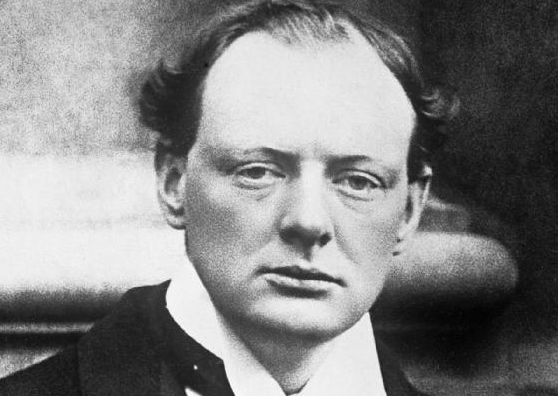 Winston Churchill in a 1904 photograph
Winston Churchill in a 1904 photograph
During the run-up to the 2017 General Election, we're dipping into the archives to bring you a collection of events from elections past - noteworthy, amusing or just plain bemusing. You can catch up on the 2017 election in our dedicated hub.
At the close of a crowded meeting in the Cathedral Schools yesterday Mr. Winston Churchill was asked what he would do to help women to get the Parliamentary suffrage.
He said: "I will try my best as and when occasion offers, because I do think sincerely that the women have always had a logical case, and they have now got behind them a great popular demand among women.
"It is no longer a movement of a few extravagant and excitable people, but a movement which is gradually spreading to all classes of women, and, that being so, it assumes the same character as franchise movements have previously assumed.
"I find another argument in favour of the enfranchisement of women in the opposition we are encountering on this temperance question.
"I believe the influence of women in the temperance question would be highly beneficial. When I see the great forces of prejudice and monopoly with which we are confronted, I am ready to say that the women must come into the fighting line and do their share in fighting for the cause of progress." (Cheers.)
Mrs C H Pankhurst writes from the office of the National Women's Social and Political Union:
"Except that we regard it as a sign that our campaign against the Government is having its effect, we attach no value to Mr. Churchill's assertion that he will use his influence with the Government in the interests of women's suffrage.
"Sir Henry Campbell-Bannerman is in favour of 'votes for women', yet he, as Prime Minister, could not induce his colleagues to take action, and where his influence failed Mr. Winston Churchill's is not likely to succeed.
"We wish to make it clear to Mr. Winston Churchill that we shall not be satisfied by anything less than a definite undertaking from Mr Asquith and the Government as a whole that the Women's Enfranchisement Bill now before the House of Commons is to be carried into law without delay. Unless this official Government pledge is made to us we shall continue our opposition to the candidature of Mr. Churchill and other Government candidates."
The opposition of suffrage supporters to Churchill's relection played a major part in the upset of Churchill losing the election to the Conservative William Joynson-Hicks on 24th April, 1908; Churchill won a by-election in Dundee at the start of May, returned to the Commons and took up his role at the Board of Trade.
This article was originally published by The Manchester Guardian on 16-04-1908
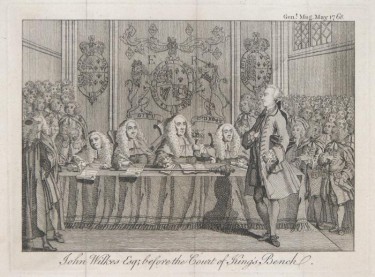
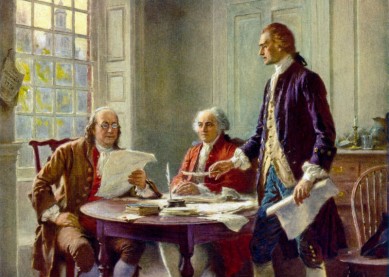
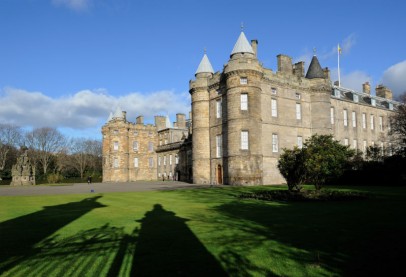
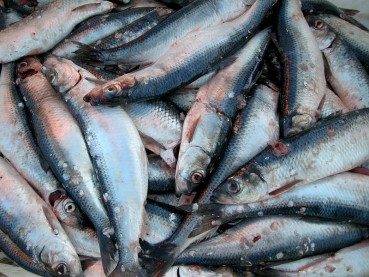
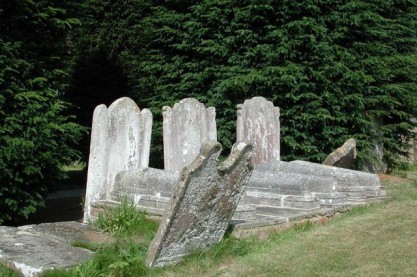
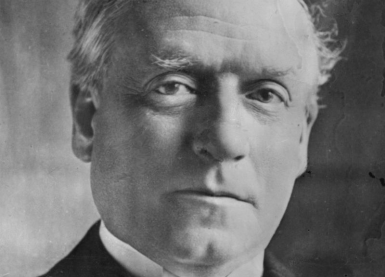
Rate and Review
Rate this article
Review this article
Log into OpenLearn to leave reviews and join in the conversation.
Article reviews